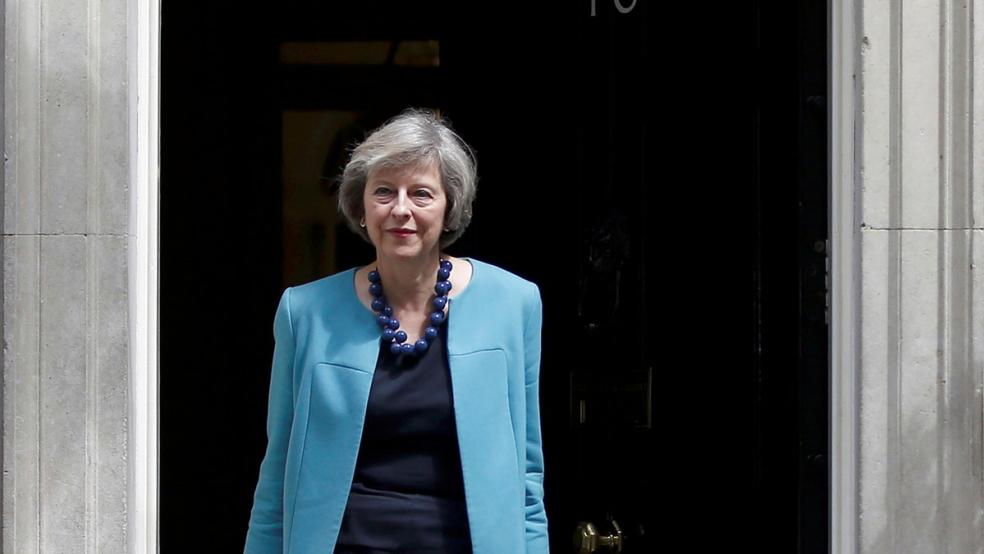With Conservative leadership candidate Andrea Leadsom bowing out of the race for prime minister, the United Kingdom’s departure from the European Union may become reality. Home Secretary Theresa May, the only remaining candidate to replace resigning Prime Minister David Cameron, says she won’t go against the will of her people and turn away from Brexit.
"I couldn’t be clearer. Brexit means Brexit,” May said during a recent speech in Birmingham. “And we’re going to make a success of it.”
Unfortunately for her and all of Europe, it’s not that simple.
Related: The Upside of Brexit — 9 Ways You Can Save Money
As with everything that has touched these divorce proceedings, there was also confusion over May being named Tory leader and prime minister, which is expected as early as today. Some said Conservative rules would require the party's 1922 Committee to seek another contender, in addition to May, for a planned party vote. Graham Brady, the chairman of the committee, however, confirmed that May is the “only remaining candidate,” and there would be “no need to rerun the election.”
As far as the process is concerned, Brady, along with the board of the Conservative Party, must formally confirm May as the new leader of the Tories. Brady would not comment on the timing of her confirmation, but noted that they “will be in the position to move forward quite quickly.”
If May were to try to reverse the Brexit referendum, she could spark intense populist backlash. More than 30 million people voted in the referendum a few weeks ago to decide whether the U.K. should part ways or remain as a member in the EU. Many leaders have stepped aside since then, including Cameron, who announced he would resign immediately after the vote was tallied.
Related: Pushed Around and Left Out — the Frightening US Parallels to Brexit
Cameron said Monday he would resign on Wednesday and clear the way for May to enter office then.
What’s not so clear for the Brits is whether the prime minister has the legal authority to trigger Article 50 of the Lisbon treaty on European union, which begins the formal and legal process of a member state leaving the EU. There are some legal scholars who have said withdrawal from the EU "rests with the representatives of the people under the UK constitution,” meaning parliament must first debate and vote on the measure. Government lawyers have disagreed with this analysis of the statute.
More recently, more than 1,000 lawyers signed onto a letter addressed to David Cameron claiming the EU referendum result is not legally binding. They suggest in their statement that the decision to leave was "only advisory," and call for the establishment of a "Royal Commission or an equivalent independent body to receive evidence and report, within a short, fixed timescale, on the benefits, costs and risks of triggering Article 50 to the UK as a whole, and to all of its constituent populations."
Related: Brexit — Who's Really to Blame for Europe's Mess
When May is formally confirmed as the UK’s next prime minister, her first day on the job will be one focused on unity and certainty, which is what the UK, Europe and the rest of the world is looking for right now.



